Winding up an SMSF
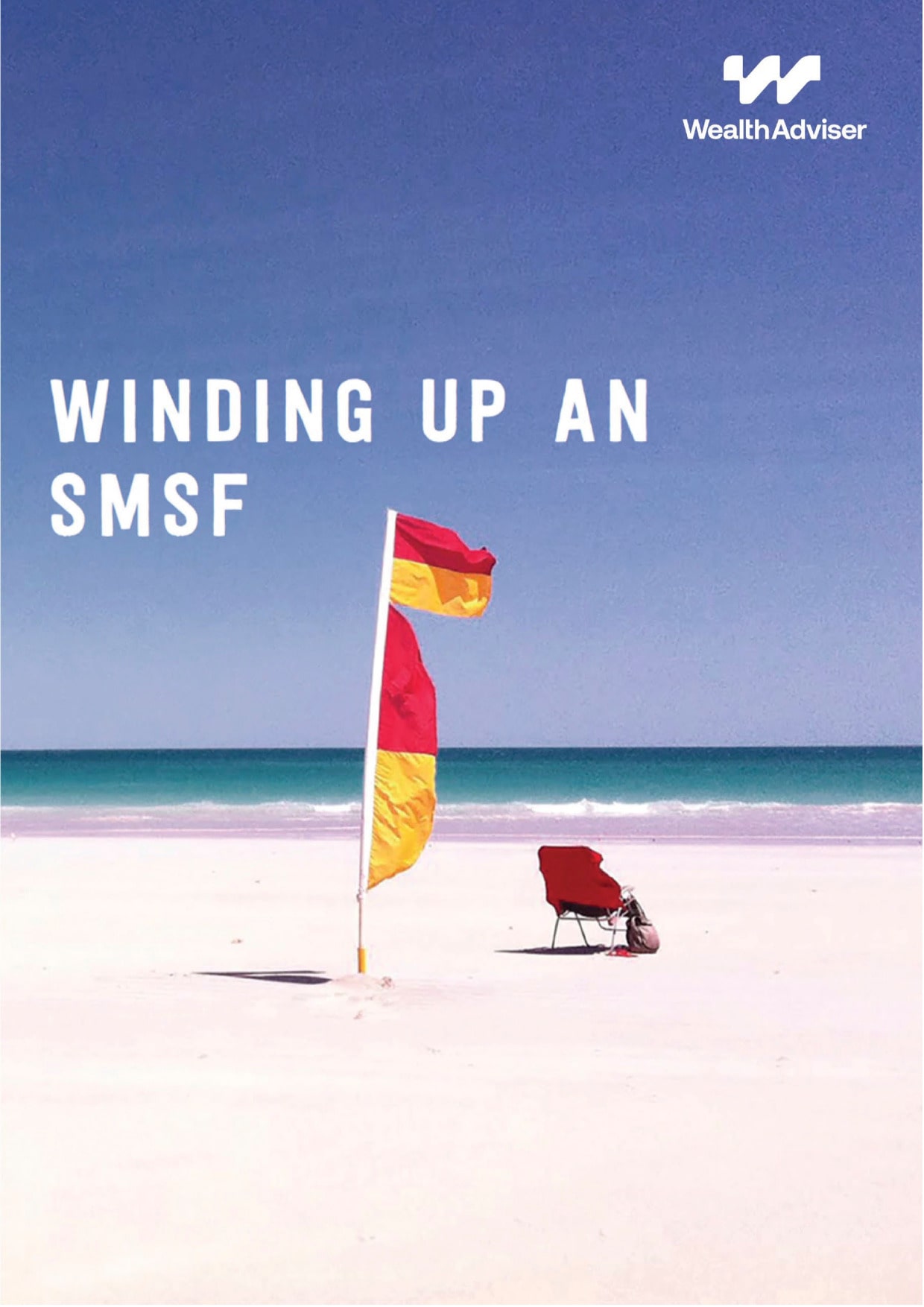
Winding up or closing an SMSF may occur for a number of reasons such as relationship breakdown or bankruptcy. Learn about trustees’ obligations to members and regulators. Or Learn about the steps in closing an SMSF.
Taxation of SMSFs
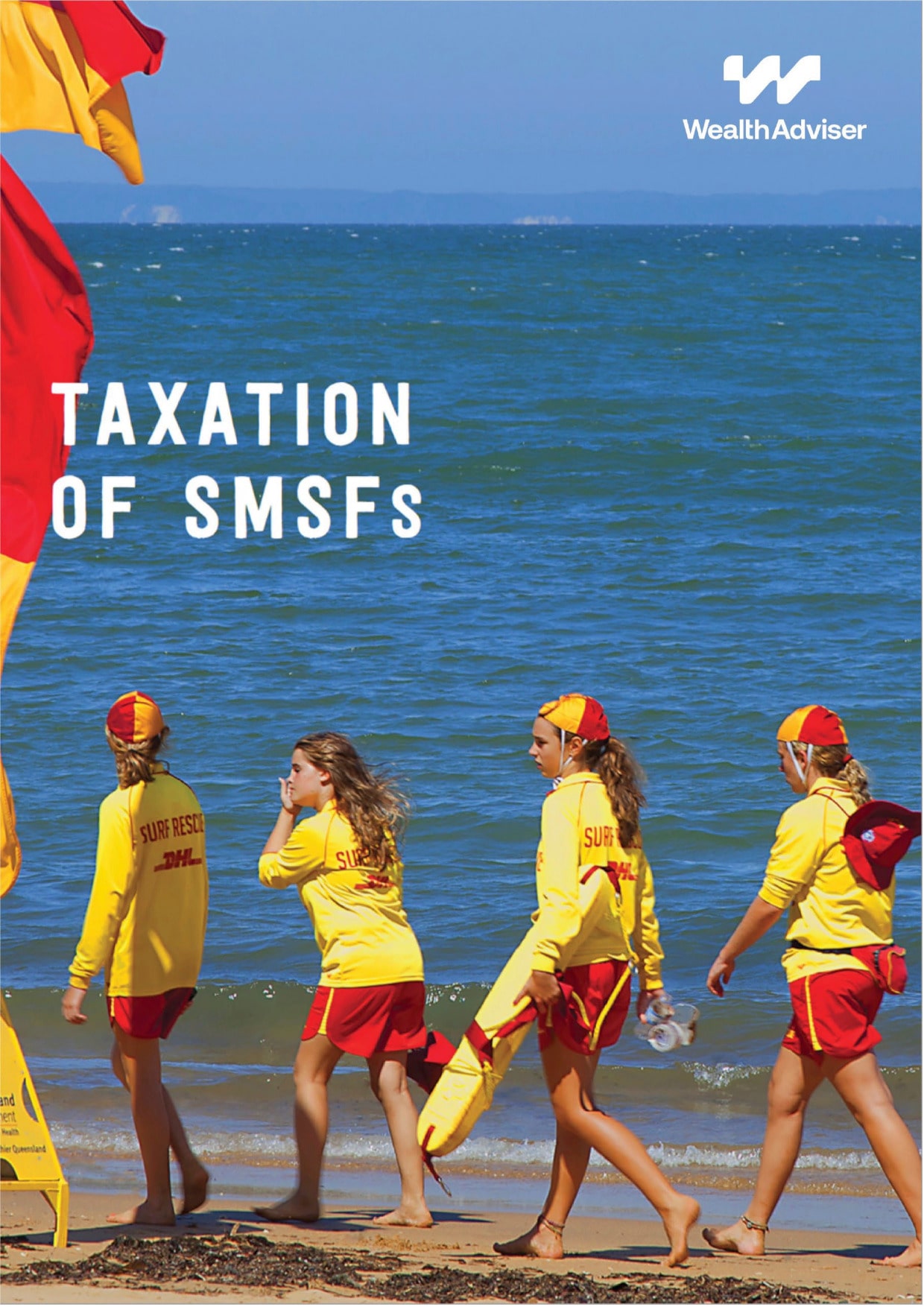
An SMSF is subject to specific concessional taxation rules, so long as the fund complies with the government’s super rules.
SMSF Investment Rules
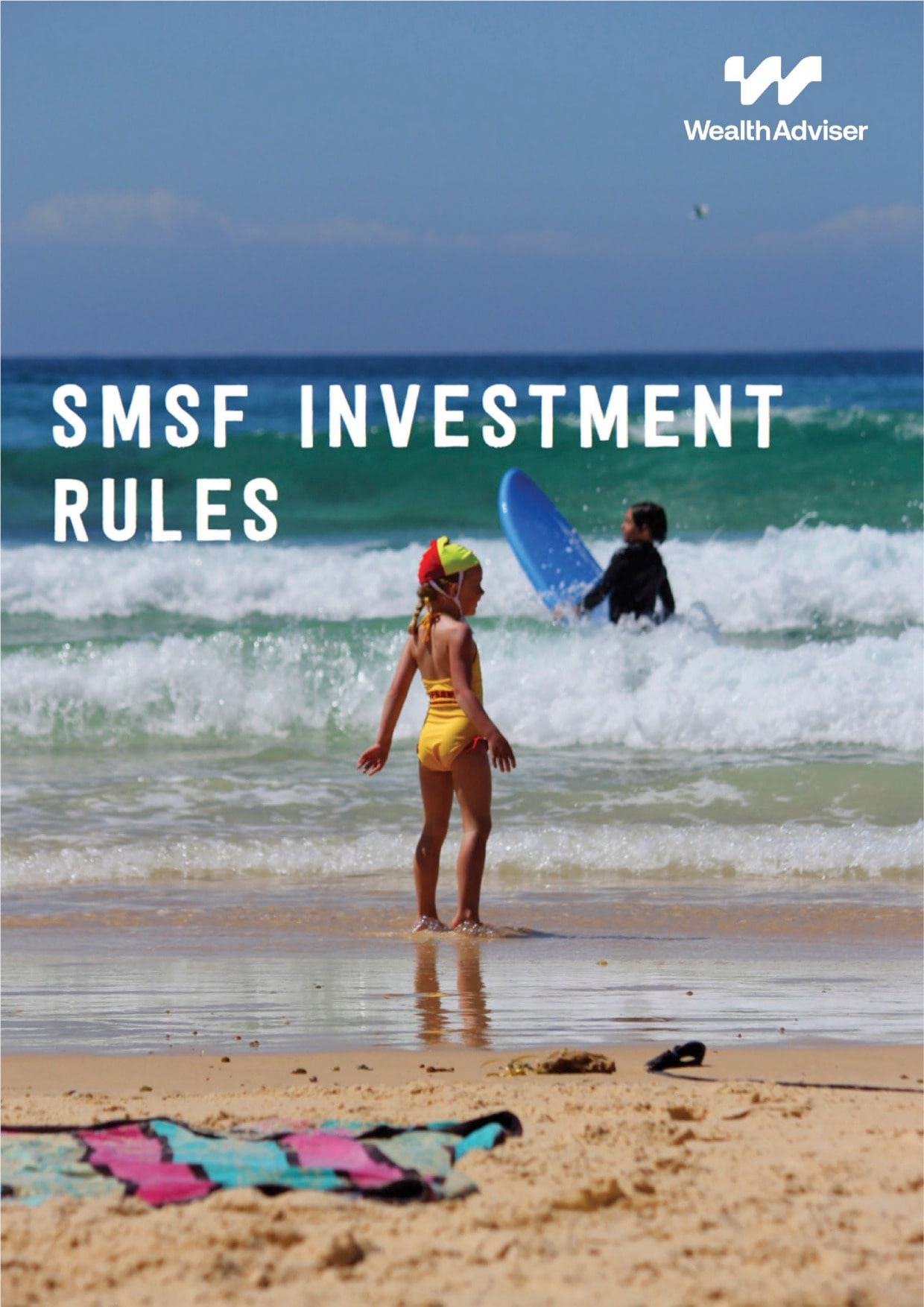
There are specific investment rules that must be followed to ensure an SMSF remains eligible for tax concessions. Learn about the types of investments your SMSF can and can’t invest in and lending and borrowing restrictions.
Withdrawing money from superannuation

In most cases your super cannot be withdrawn until you reach a certain age or retire. Learn about withdrawing your super as a lump sum or in the form of an income stream.
Contributing to Superannuation

Contributing to super will grow your nest egg to fund your retirement. Learn about the different types of contributions and taxation of each.Contributions to super include employer contributions, after tax contributions, salary sacrifice and deductible self-employed contributions.
SMSF Trustee Responsibilities
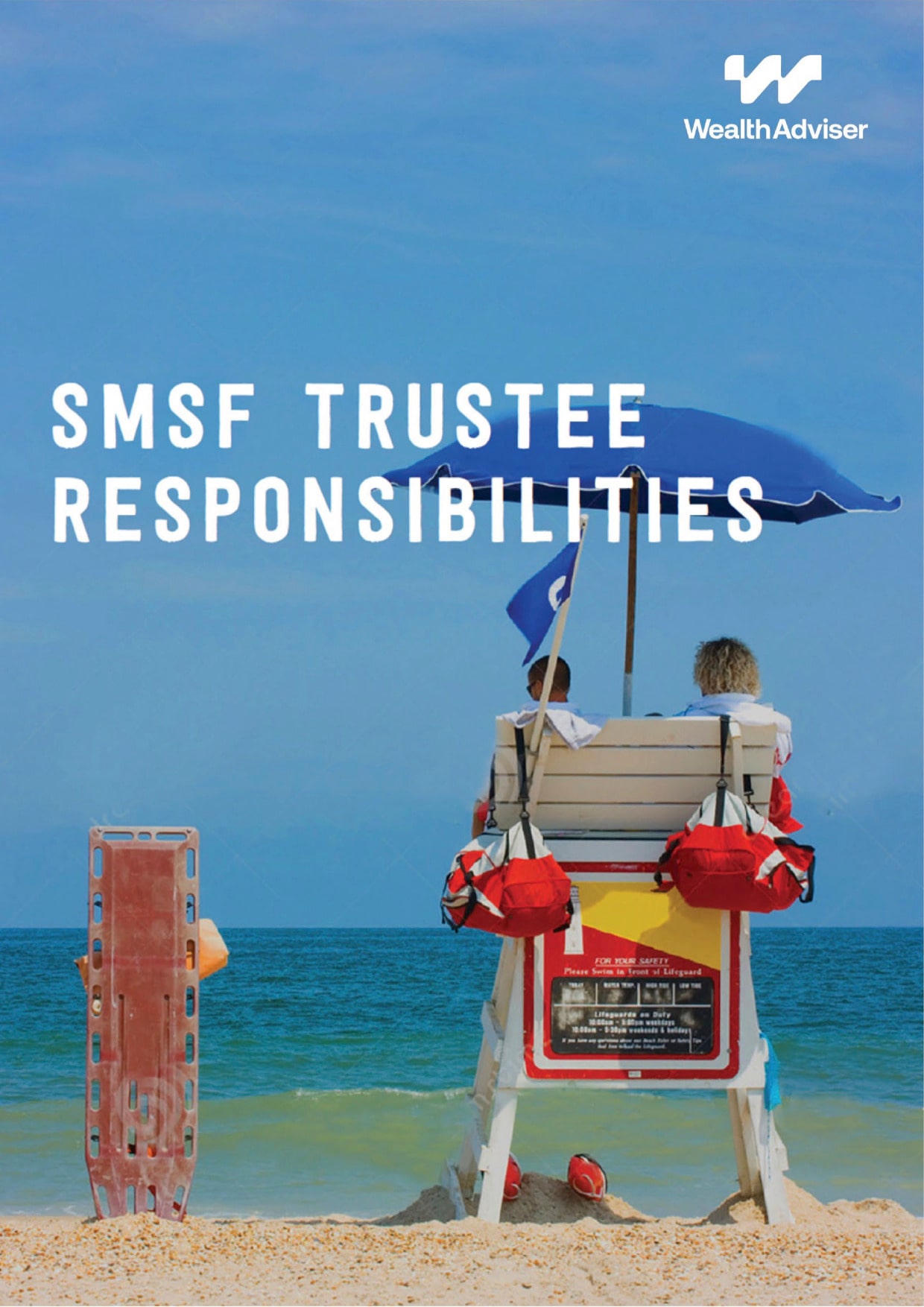
Setting up your own SMSF requires you to become a trustee of the fund. This is an important decision that carries certain duties and responsibilities.
Introduction to SMSFs
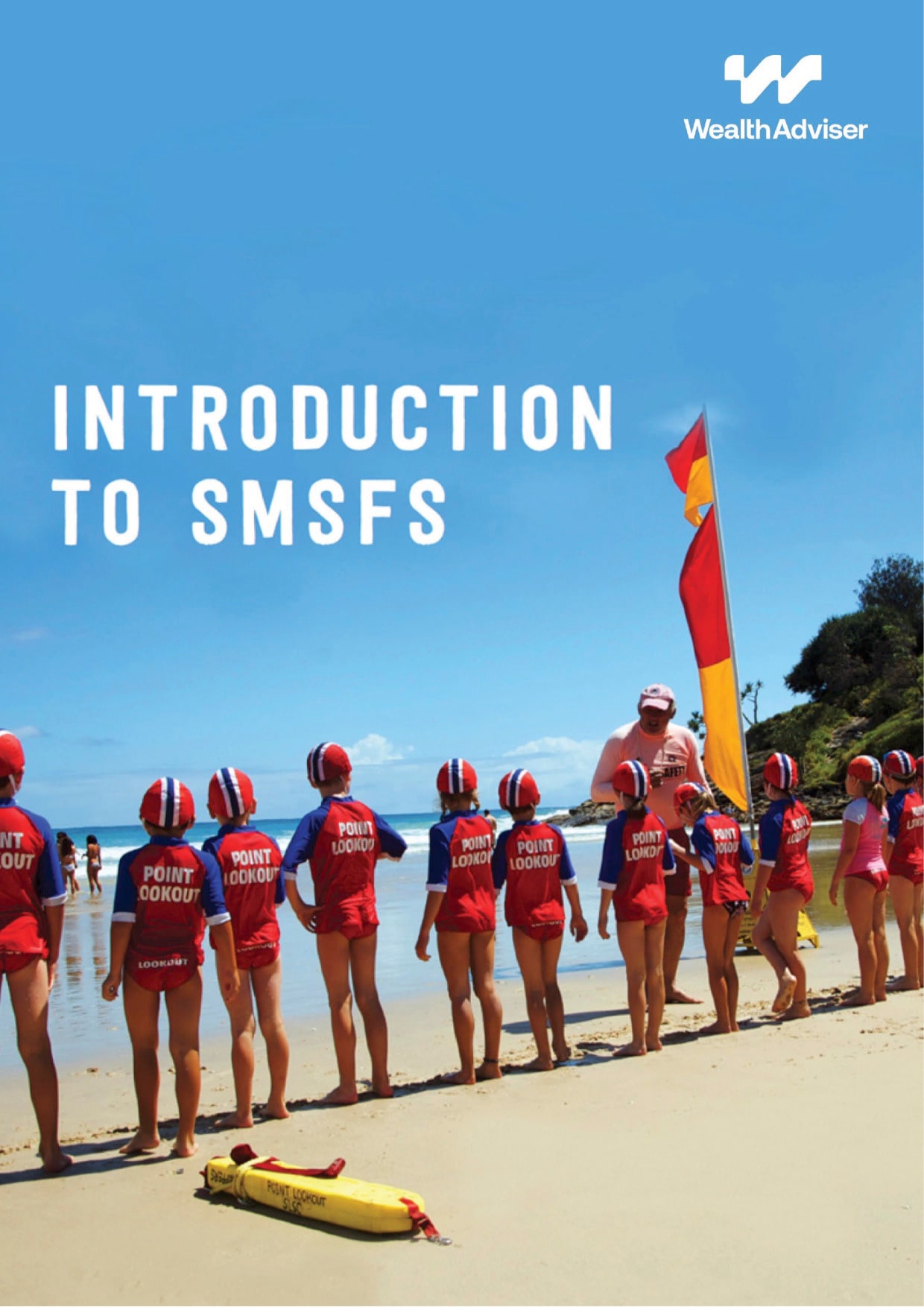
There are almost 600,000 self-managed super funds (SMSFs) in operation in Australia. SMSFs are not suitable for everyone. Learn about what an SMSF is, how they are regulated and becoming a trustee of your own super fund.
